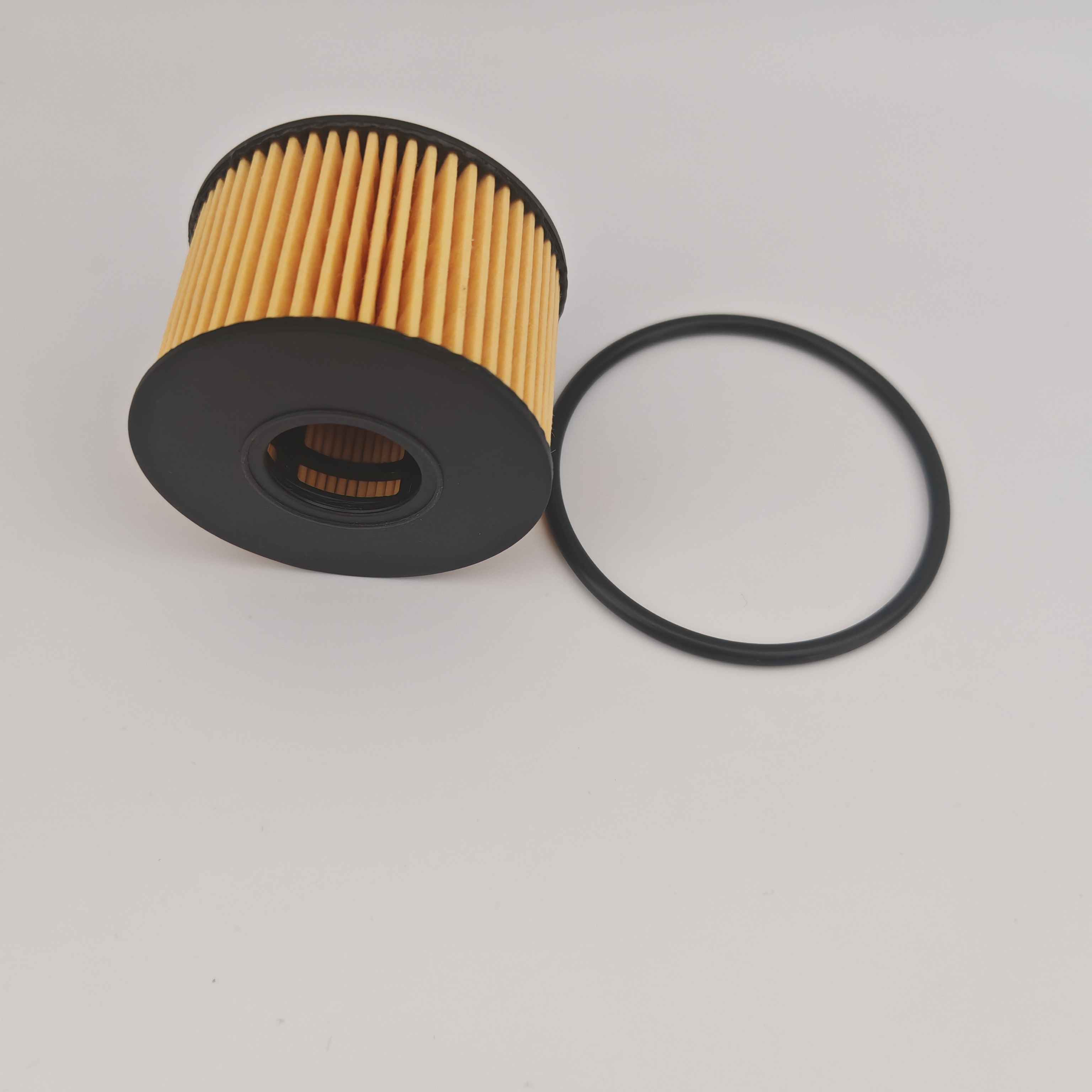What Is an Oil Filter and Why Is It Essential for Engine Health?
2025-07-17
An oil filter is a vital component in internal combustion engines that helps maintain engine performance and longevity by removing contaminants from engine oil. Whether in cars, motorcycles, trucks, or industrial machinery, oil filters play a crucial role in protecting the engine’s moving parts from wear and damage.
What Does an Oil Filter Do?
As engine oil circulates through the engine, it picks up dirt, metal particles, carbon deposits, and other impurities. The oil filter traps these contaminants, preventing them from circulating further and causing abrasion or clogging in engine components. Clean oil ensures smoother operation, better lubrication, and cooler engine temperatures.

Types of Oil Filters
Spin-On Oil Filters
The most common type, featuring a metal canister with filter media inside. It screws onto the engine’s oil filter mount and is replaced during oil changes.
Cartridge Oil Filters
Used in many modern engines, the filter element is replaceable while the housing remains fixed.
Magnetic Oil Filters
Incorporate magnets to attract metal particles, often used alongside standard filtration media.
Key Features to Consider
Filter Media Quality
High-quality synthetic or cellulose fibers trap smaller particles more efficiently.
Micron Rating
Indicates the size of particles the filter can capture; lower micron ratings mean finer filtration.
Bypass Valve
Allows oil to flow if the filter is clogged, preventing oil starvation.
Anti-Drain Back Valve
Prevents oil from draining out of the filter when the engine is off, ensuring quick oil flow at startup.
Why Is Using the Right Oil Filter Important?
Using a compatible, high-quality oil filter:
Protects the engine from premature wear.
Helps maintain oil pressure and flow.
Enhances fuel efficiency.
Reduces emissions by keeping the engine cleaner.
Extends intervals between oil changes.
When to Replace an Oil Filter?
Oil filters are typically replaced every time the engine oil is changed—usually between 3,000 to 10,000 miles (5,000 to 16,000 kilometers) depending on vehicle specifications and oil type.
Conclusion
An oil filter is a small but indispensable part of any engine’s maintenance routine. Choosing the right oil filter ensures your engine runs smoothly, lasts longer, and performs at its best. Whether for everyday vehicles or heavy-duty machinery, quality filtration is key to engine health.


